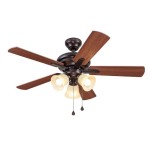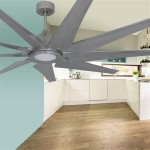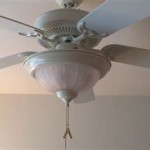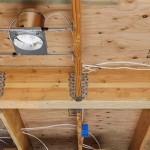Recessed Ceiling Light Fixtures: Design Essentials
Recessed ceiling light fixtures, often referred to as "can lights" or "downlights," are a common choice for illuminating homes, offices, and commercial spaces. These fixtures are installed flush with the ceiling, providing a sleek and unobtrusive source of light. When designing with recessed ceiling light fixtures, there are several essential aspects to consider to ensure optimal functionality and aesthetics.
Fixture Type
Recessed ceiling light fixtures come in various types, each with its unique characteristics. Common types include:
- Trimless: These fixtures blend seamlessly with the ceiling, creating a minimalistic and modern look.
- Gimbal: Gimbal fixtures allow the light beam to be adjusted, providing flexibility in directing illumination.
- Baffle: Baffle fixtures reduce glare by reflecting light away from the eyes, making them suitable for areas where visual comfort is crucial.
- Parametric: Parametric fixtures feature unique geometric designs that can enhance the aesthetics of a space.
Light Source
The light source used in recessed ceiling light fixtures plays a significant role in determining the quality and efficiency of illumination. LED (light-emitting diode) bulbs have become the preferred choice due to their energy efficiency, long lifespan, and high color rendering index (CRI) for accurate color reproduction. Other options include fluorescent, halogen, and incandescent bulbs.
Trim Options
The trim, also known as the bezel, provides a finishing touch to the recessed ceiling light fixture. It can be made from various materials, including metal, plastic, or wood, and come in different colors and finishes to match the interior décor.
Size and Placement
The size and placement of recessed ceiling light fixtures depend on the size of the room, ceiling height, and desired level of illumination. Spacing between fixtures should ensure even distribution of light without creating dark spots or excessive glare.
Purpose
Consider the intended purpose of the space when designing with recessed ceiling light fixtures. For general ambient lighting, a grid pattern is commonly used. For accent lighting, fixtures can be placed strategically to highlight specific features or areas. Task lighting requires targeted beams of light, which can be achieved by using fixtures with adjustable beams or by placing fixtures directly above the work surface.
Control and Dimming
Control and dimming options allow for added functionality and customization. Switches and dimmers enable users to adjust light levels to suit different moods and activities. Smart lighting systems integrate with home automation, providing remote control and scheduling capabilities.
Conclusion
Recessed ceiling light fixtures offer a versatile and stylish solution for illuminating various spaces. By carefully considering the essential aspects outlined above, designers can create functional and aesthetically pleasing lighting schemes. From choosing the right fixture type to determining the appropriate light source and trim options, each decision contributes to the overall success of the design.

How To Put Recessed Lights In The Ceiling

Types Of Ceiling Lights Ultimate Design Guide Designing Idea

Modern Recessed Lighting 2modern

Choosing The Best Led Recessed Lighting What You Should Know Blog

Recessed Fixtures The Hole Dilemma

8 Recessed Lighting Installation Tips For Diyers Bob Vila

Linear Led Recessed Ceiling And Wall Lighting Quick Ship Us From Alcon

Recessed Lights Features And Advantages The Constructor

Bedroom Recessed Lighting Design Photos And Ideas Dwell

What Is Recessed Lighting Flip The Switch
Related Posts








